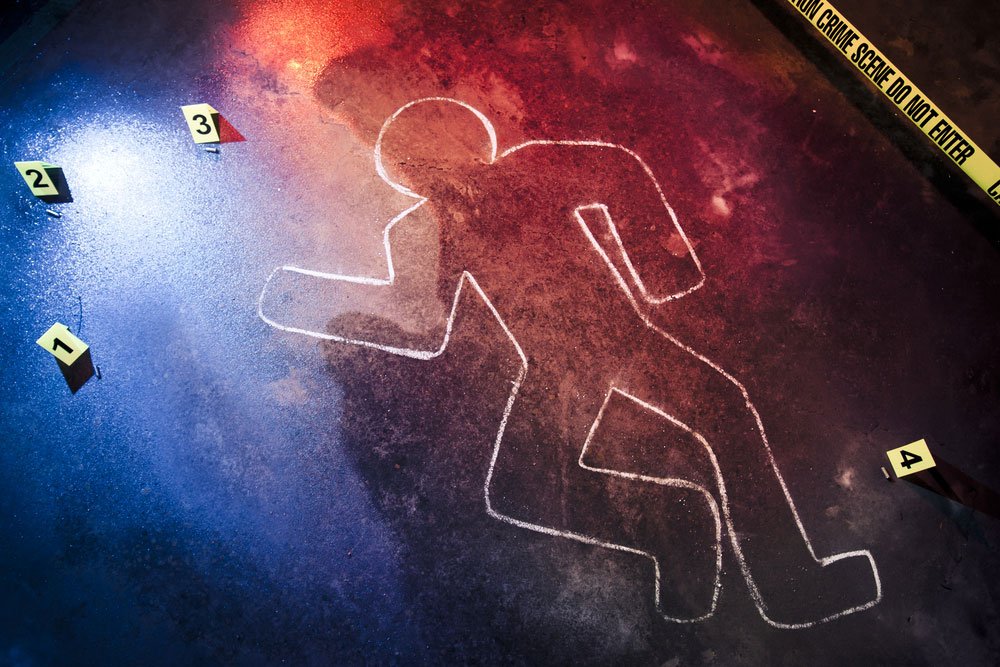Heroics or Homicide?
By Kevin Si
What would you do if you had the option to save five people’s lives by sacrificing the life of an unrelated bystander? Instead of rashly jumping to say that you’d save the five people like the bastion of moral purity you are, I urge you to truly consider the moral weight and nuance behind this decision. Methodically, we must strip the issue down to its core, and then build its complexity back up. At its core, the trolley problem tackles the moral weight behind intentionally killing someone and letting others die. Thus, I’ll pose variations and questions that hopefully illuminate the nuance and point behind this thought experiment.
Say there is a renowned transplant surgeon with a patient terminally ill from a rare disease. The surgeon stumbles upon a one-in-a-million bystander with blood that can save his patient but must die to donate it. Should the surgeon kill this healthy bystander to save his ailing patient?
Of course not. The natural, random act of biology that gave this bystander the antidote to another random person’s illness shouldn’t act as the guillotine to which he now loses his life. What if there were now five terminally ill patients who needed his blood, and the bystander would save them all with his sacrifice? Is the simple arithmetic that five is greater than one the only thing needed to condemn an innocent man?
Do you purposefully kill another person or let nature take its due course?
I argue that any form of “negative” moral duty—such as refraining from killing—weighs much heavier than a “positive” moral duty—such as helping others—and in the trolley problem, flipping that lever is a clear violation of a negative moral duty. When grasping the power to end someone’s sum existence from the tapestry of life, what shouldn’t you consider? This thought process flows into another important question that must be asked.
Does another human even have the moral authority to decide who gets to live and who doesn’t?
I argue that no layman, not you or me, has the moral right to decide who lives and dies. Doctors are exceptions, empowered by their education to transcend the plane of manhood that binds most of society. In the context of the original trolley problem, you are not a philosophical savant, a train conductor, or an expert in any capacity. This gives you no moral leeway to decide to kill the one person—you simply aren’t knowledgeable enough to do anything. And there’s no telling if your actions leave the world a morally “better” or “worse” place—only that it will be missing an extra one or five people.
A utilitarian would argue that one should be “morally obligated” to do the “most good”, in this case, martyr the lone soul. This perspective, however, simplifies the nuance which makes life—and philosophy—interesting in the first place. If everything can be solved by a simple calculation of big versus small, then there is no place for philosophy. Always defaulting to the most simplistic and logical solutions fundamentally violates philosophy. How do you consider multiple perspectives, hold convincing back-and-forth Socratic seminars, and discuss moral quandaries with such a simplistic and straightforward methodology? How would you feel if the sum of your struggles, relationships, joys, and time on Earth ended on a simplistic numerical calculation? I doubt anyone would be particularly happy to go out in such an anticlimactic manner.
The trolley problem has remained divisive, compelling, and intriguing for decades because of its dichotomy between sheer existential and moral scale and utterly simple utilitarian utility. At the end of the day, I am forced to disagree with the longstanding sentiment to pull the lever. While it is incredibly compelling, I simply cannot trust nor be complacent with condemning an innocent man to death. In such an immensely chaotic and random universe, I cannot intervene and become complicit in murder.
